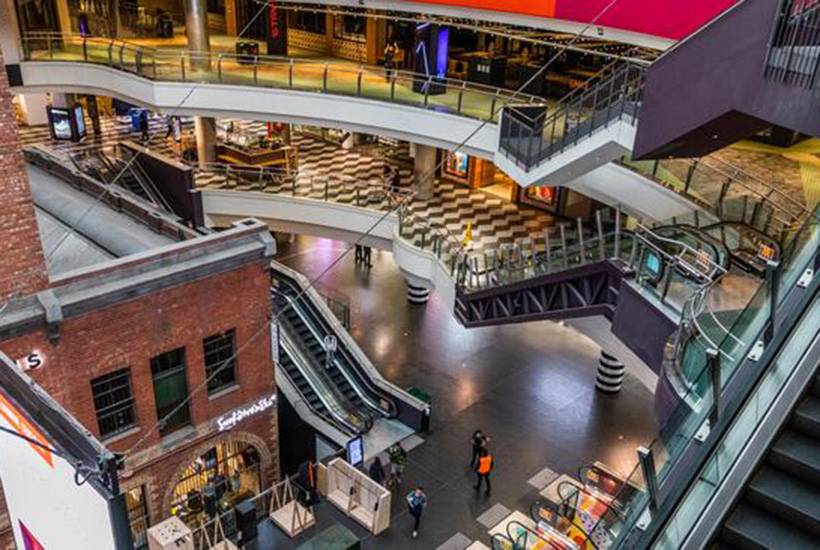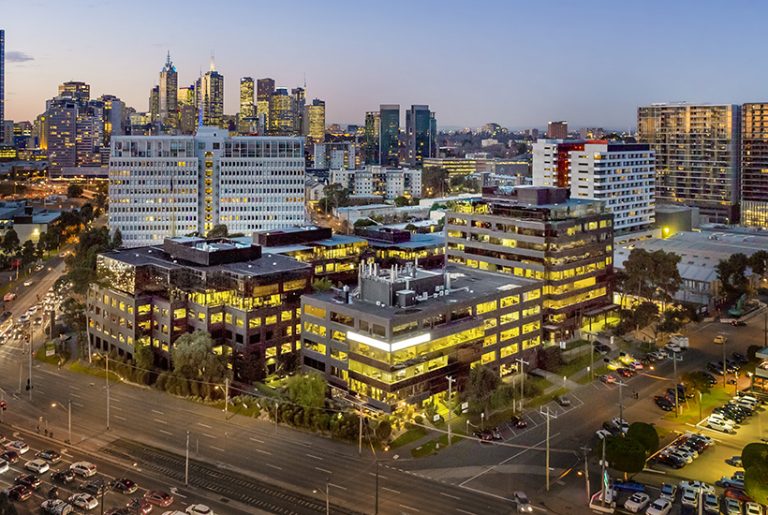Big box retailers see lockdown spending boost

Brett Blundy-backed Aventus Group said people staying home have been spending up on new electrical items, white goods and homewares.
Chief executive Darren Holland said demand might taper, after a hefty leap in recent months, but spending on large items would likely continue as spending on holidays fell.
“We are well positioned to benefit from the recent changes from the household spending patterns as we spend more time working, learning and entertaining from home,“ he said.
Holland said it has been an extremely challenging year with COVID-19, and the health and economic difficulties were not over but the company’s portfolio of bulky goods centres was well-positioned.
“The features of Aventus centres, on-grade, convenient carparking, easy access from main roads, large, flexible tenancies, low rents and sustainable occupancy costs, appeal to tenants and shoppers alike, now more than ever,” Holland said.
Aventus is also using the coronavirus period to plan redevelopments, but Holland said while the uncertainty stemming from the impact of COVID-19 persists, the company did not “believe it advisable to provide” fiscal 2021 guidance.
Aventus had a 1% dip in funds from operations per share to 18.2c, beating market consensus, albeit coming in below the guidance it pulled as the pandemic broke.
Rent collections were at 87% throughout the COVID-19 period, with July collections at 84% of billings, well above shopping centre rivals like Vicinity Centres and the Scentre Group, operator of the Westfield empire. Aventus gave out about $6m of tenant support
The company had already set this year’s distribution at 11.9c per share, a 28.2% fall on last year.
Jefferies noted foot traffic outside of Victoria had increased to above pre-COVID levels, with a 9% lift across the portfolio over the past three months from June, all retailers back open and trading, except in Victoria.
About 38% of the investment portfolio was revalued in fiscal 2020, resulting in a net devaluation of $37.3m, or a 1.9% fall against June 2019 book values.
“This primarily reflects the impact of COVID-19, which accounted for 66% of the valuation change,” Jefferies said.
– with Ben Wilmot
This article originally appeared on www.theaustralian.com.au/property.







